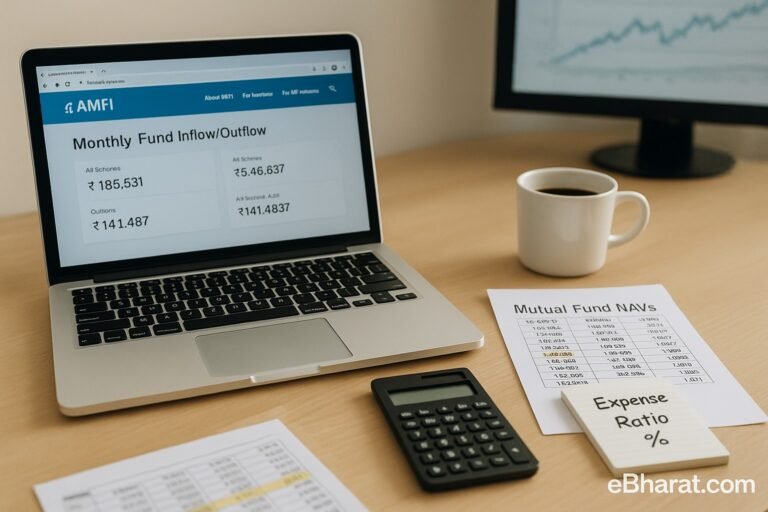
Every day, thousands of trades happen on Indian stock exchanges. But sometimes, a few big trades stand out: bulk deals, block deals, and insider activity. These moves can tell investors a lot about what’s happening behind the scenes — if they know how to read them.
Bulk Deals: When Big Investors Make Their Moves
A bulk deal happens when an investor buys or sells shares that make up more than 0.5% of a company’s equity in a single day.
- These are reported to the stock exchanges the same day.
- Bulk deals often involve big institutional investors, foreign funds, or high-net-worth individuals.
- If you see a reputed fund buying, it can be a sign of confidence in the company. But if they’re selling, it may raise questions.
Example: If an investor picks up 10 lakh shares of a mid-cap IT firm, that counts as a bulk deal — and traders immediately take notice.
Block Deals: Private Negotiations in a Window
A block deal is different. It’s a single trade of at least ₹10 crore worth of shares, done through a special trading window in the morning session.
- These deals are often pre-arranged between two parties.
- They allow large shareholders to buy or sell without causing wild swings in the stock price.
- Since both buyer and seller are known, block deals usually reflect strategic moves — like promoters offloading shares or investors building a position.
Example: A private equity fund selling a stake in a listed bank to another institutional investor through a block deal.
Insider Activity: Signals From Within
Insider activity refers to trading done by company insiders — directors, promoters, or employees who have access to non-public information.
- Insiders must disclose their trades to the exchanges under SEBI rules.
- A promoter buying shares may show confidence in future performance.
- But insider selling doesn’t always mean trouble — it could be for personal reasons like diversification.
Tracking insider activity helps investors understand how management itself views the company’s prospects.
For everyday traders, bulk deals and block deals are like footprints of big money. They don’t guarantee future returns, but they show where institutional money is flowing. Insider trades, meanwhile, provide transparency about how company executives are handling their stakes.
In a volatile market, these signals are often used as a compass — but investors should remember to combine them with fundamentals, not treat them as shortcuts.
Bulk deals, block deals, and insider activity aren’t just technical terms. They’re windows into the confidence — or caution — of the biggest players in the market. For retail investors, the lesson is simple: follow the signals, but don’t follow blindly.













